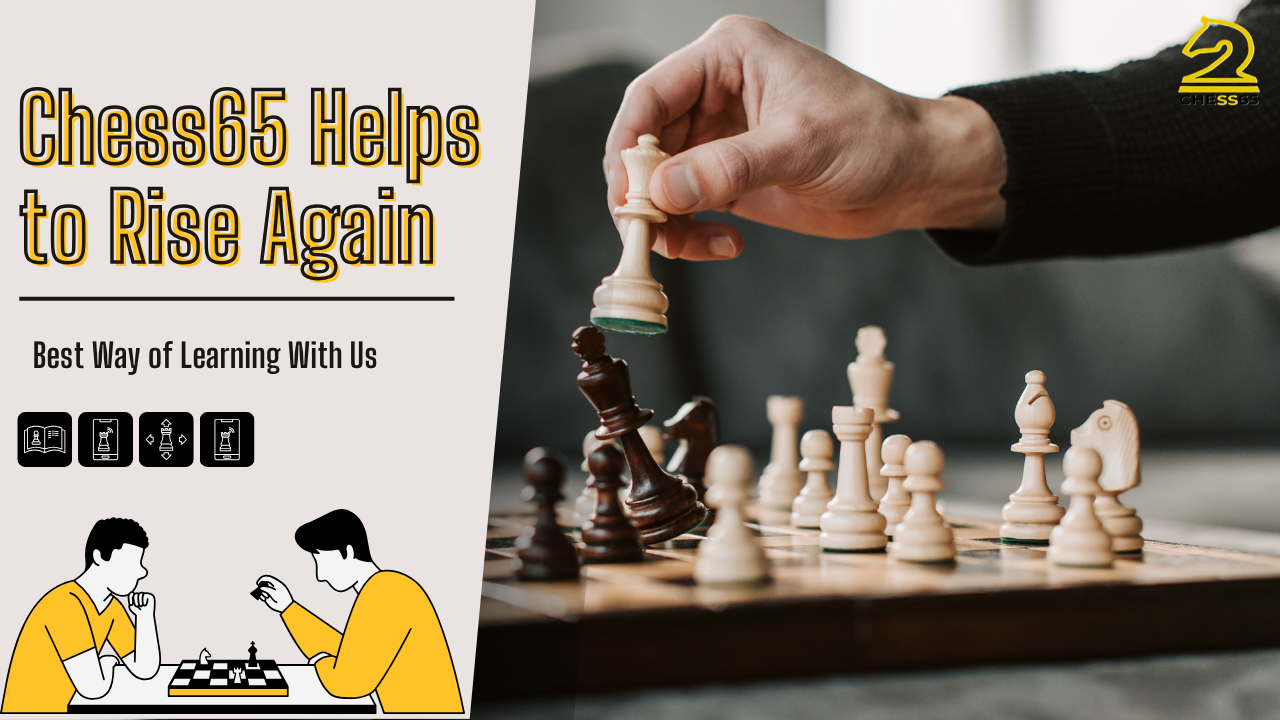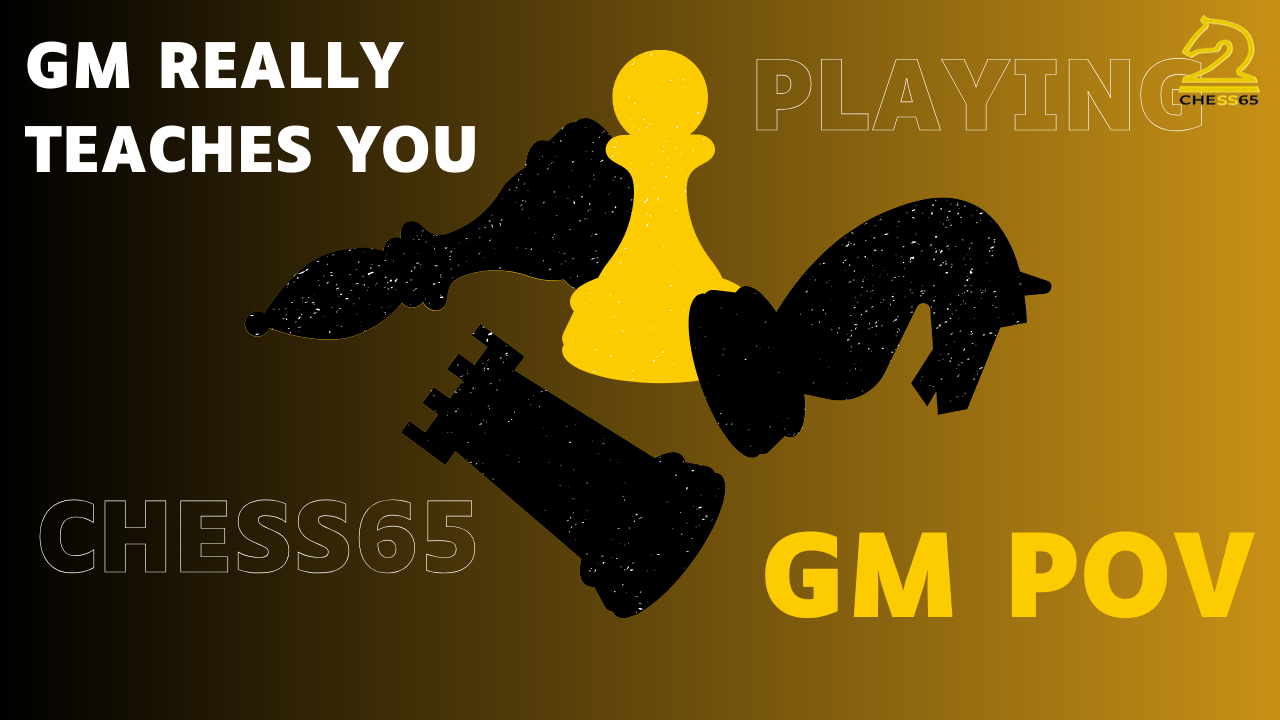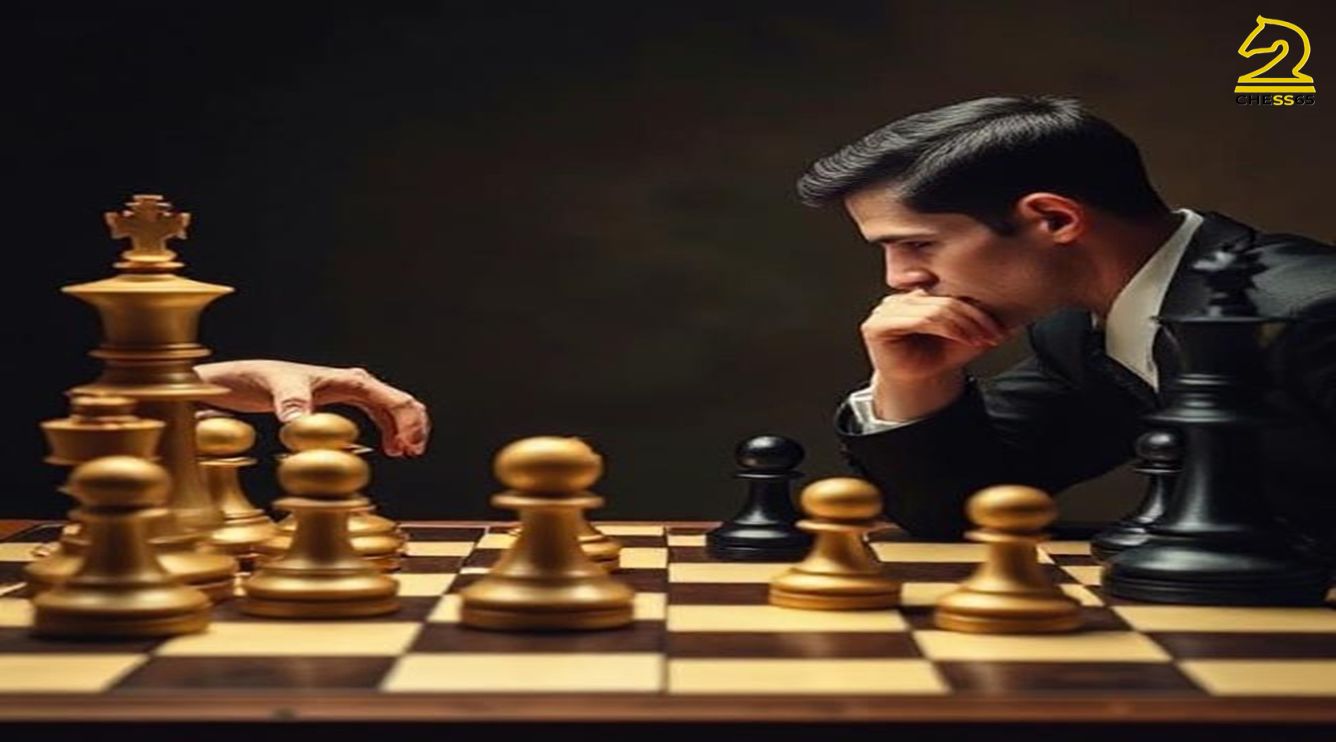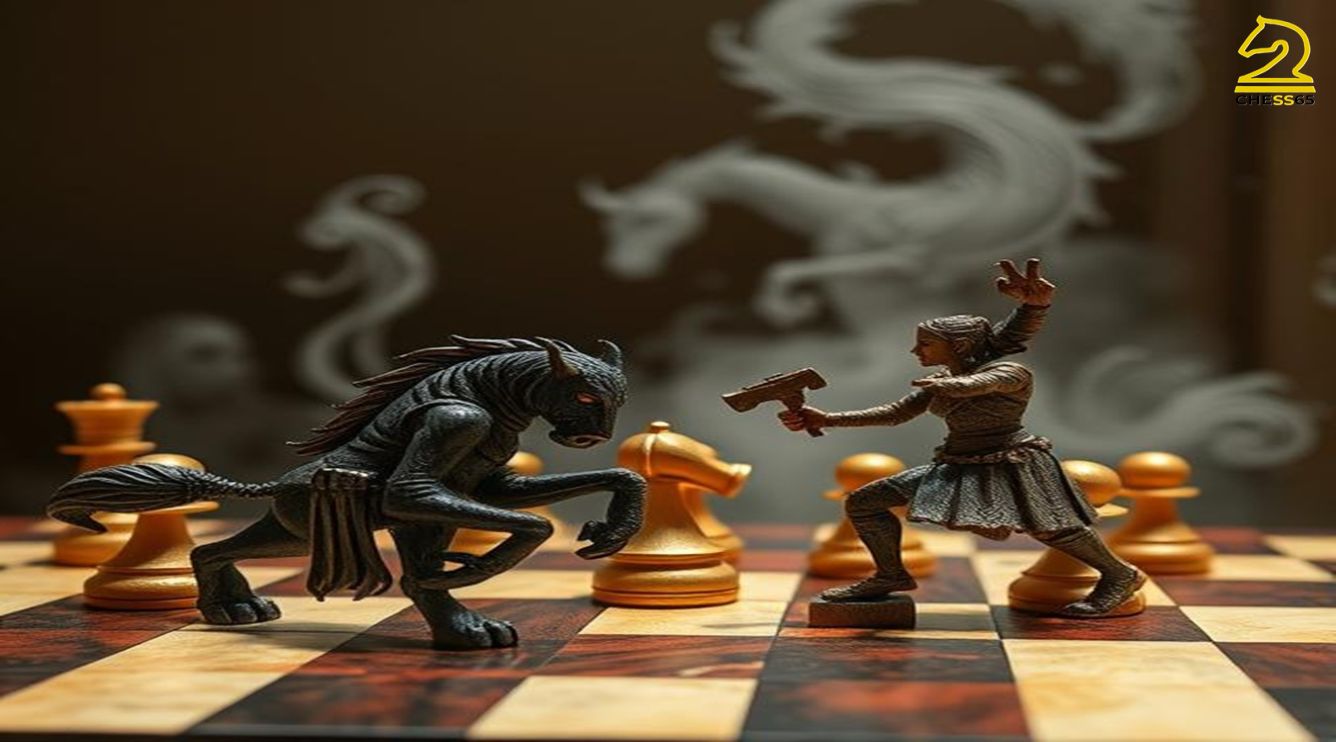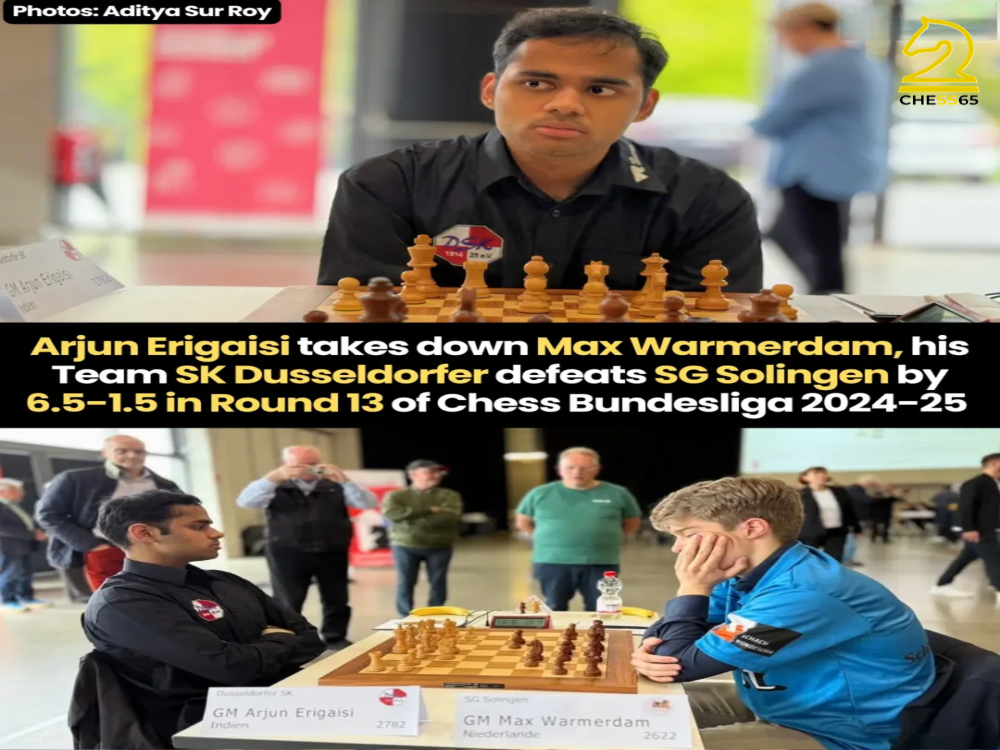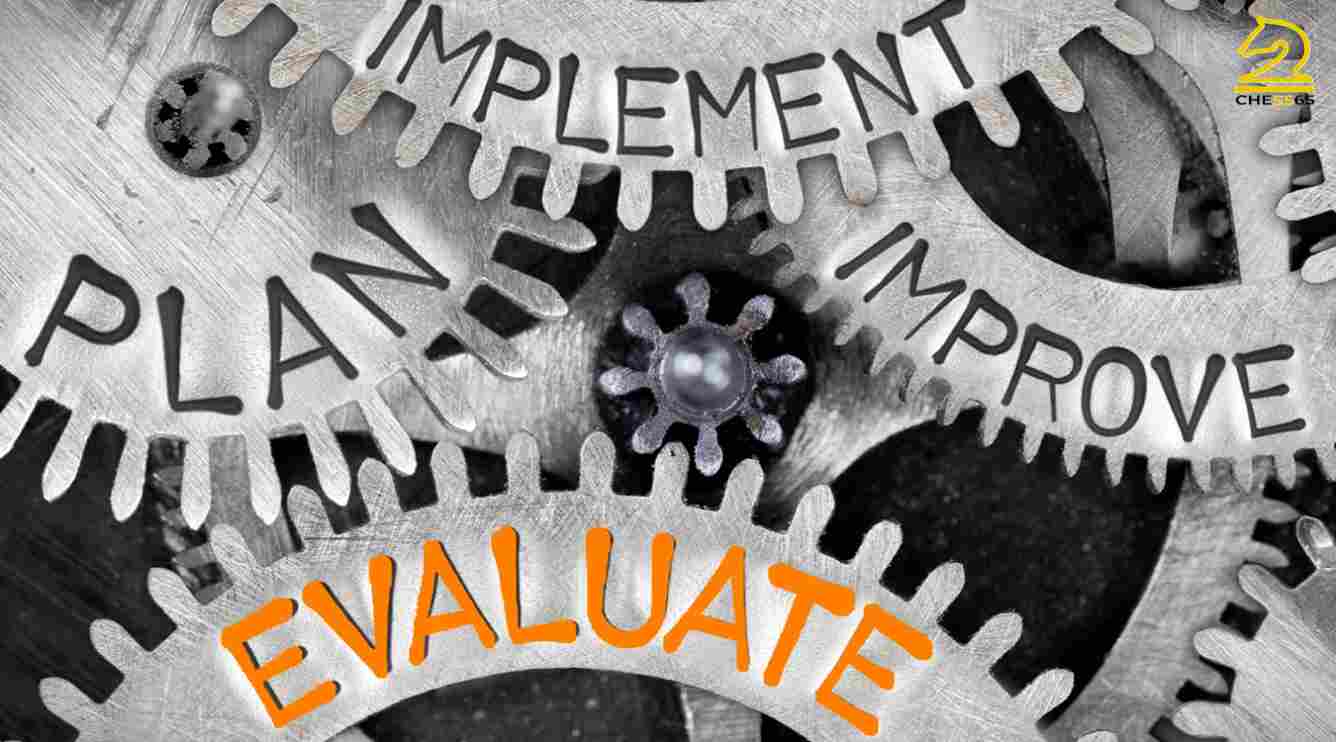A Chess65 Guide to Morality, Strategy & Why Your Moves Matter More Than
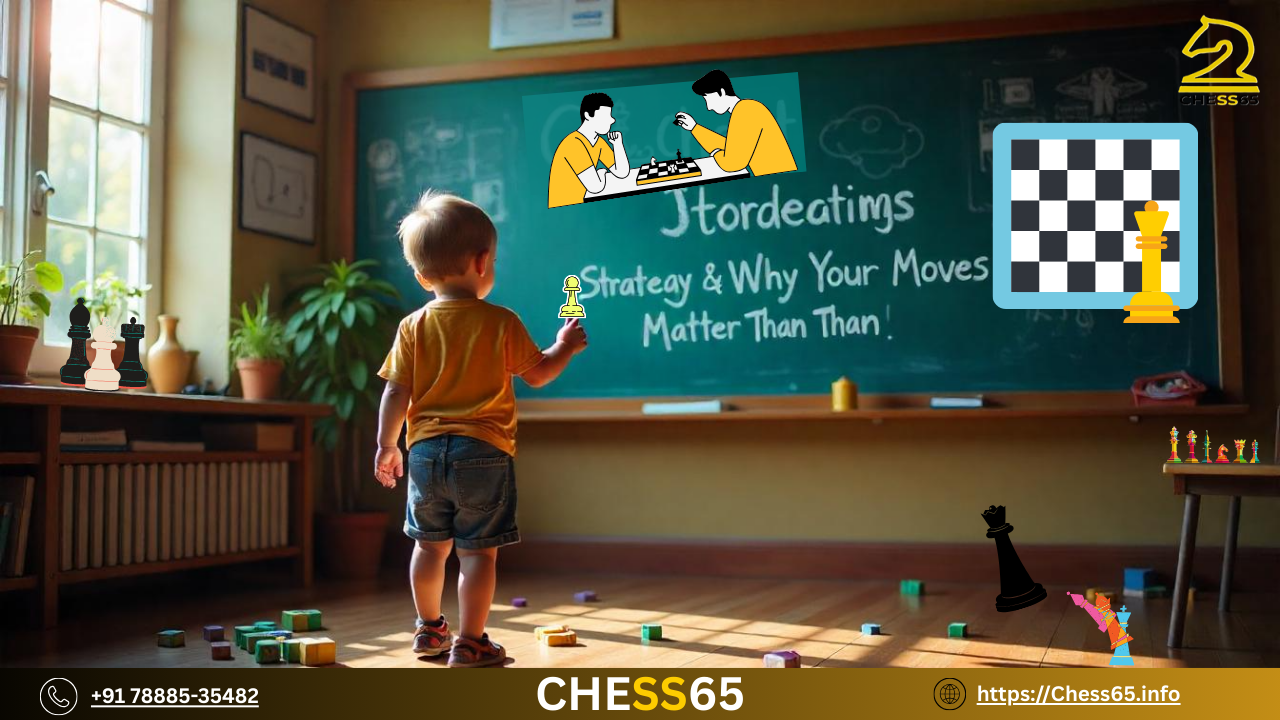
Chess isn’t just about knights, bishops, and checkmates anymore. It’s drama central. From Hans Niemann’s rise to Kramnik’s bold accusations, the chess world is buzzing with controversy faster than a bullet game on Twitch.
But what if we told you that ethics — yes, philosophy — could help us make sense of it all?
Welcome to Chess65 , where we don’t just play the game — we break it down, question it, and turn it into something bigger. In this article, we’ll explore:
- Why chess players argue more than politicians
- How moral dilemmas are just like opening theory
- And most importantly — how to think like a grandmaster when it comes to right and wrong
So grab your knight, roll up your sleeves, and let’s dive into the ultimate guide to ethical chess thinking .
Chapter 1: The Chess World Is Broken (And That’s a Good Thing)
Twitter threads go viral over pre-arranged draws. Accusations fly like bishop diagonals. Everyone has an opinion — but no one seems to agree.
That’s because ethics in chess isn’t black and white . Just like the Sicilian Defense or the Ruy Lopez, there’s strategy involved. And just like any great opening, you need to understand the foundation before you can master it.
Here’s the twist:
Ethics isn’t just for philosophers. It’s for every player who’s ever wondered:
- Was that move fair?
- Should I speak out against cheating?
- Are pre-arranged draws really so bad?
Let’s get interactive.
Pause for a sec. Think of a recent chess controversy you saw online. Now ask yourself: What would Kant say? Or Aristotle? Or even Carlsen?
You’re not alone. Let’s unpack the tools that help us answer these questions.
Chapter 2: The 4 Ethical Openings Every Player Should Know
1. Consequentialism – The Sicilian Defense
What matters is the outcome.
Like the sharp Najdorf variation, consequentialism demands calculation. One move can change everything. If pulling a lever saves five people but kills one — should you do it?
In chess:
When Kramnik accuses someone of cheating, does it matter if he’s sometimes wrong — as long as the overall effect is cleaner games?
Your Turn:
Have you ever made a move that felt “wrong” but led to a better result? Was it justified?
2. Deontological Ethics – The Nimzo Indian
Do the right thing, no matter the cost.
Kantian thinking says: Don’t lie. Don’t cheat. Even if it helps you win.
Pre-arranged draws? They fail the Kant test. Why? Because if everyone did it, chess wouldn’t be chess anymore.
Quick Thought:
Would you rather win by playing dirty and getting away with it — or lose honorably?
3. Contractarianism – The Slow Italian Game
Rules are made to be followed… unless everyone agrees to bend them.
Top players have their own unspoken rules. Pre-arranged draws? Accepted. Handshake before the game? Expected. Respect the unwritten code.
But what happens when the community changes its mind?
Spoiler: Sometimes traditions die hard — and that’s not always a good thing.
4. Virtue Theory – The Ruy Lopez
Be the kind of person who makes the right move without thinking twice.
Aristotle said: Virtues like courage, justice, and wisdom define who you are. So, instead of asking “what should I do?” ask “what kind of player am I becoming?”
This is why some players never cheat — not because they fear punishment, but because it’s not who they are.
Final Challenge:
Write down 3 values you want to embody as a chess player. Examples: Integrity, Respect, Grit.
Now stick to them — no matter what.
Chapter 3: Your Move — Build Your Own Moral Engine
Forget Stockfish. We’re building EthicsFish .
Use this simple framework next time you face a tough call:
- What are the consequences? (Sicilian)
- Is it the right thing to do? (Nimzo)
- Does the community accept it? (Italian)
- Does it reflect who you are? (Ruy Lopez)
If you can answer all four — congrats! You’ve just mastered chess ethics .
Conclusion: Win the Game, Keep Your Honor
Chess isn’t just a battle of wits. It’s a mirror of life. And like any great player, you need more than tactics — you need principles.
So next time you see a controversial move, accusation, or hot take on Twitter, remember:
“A true champion doesn’t just win games. They win with integrity.” – Chess65



